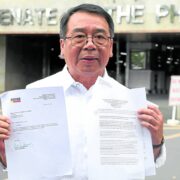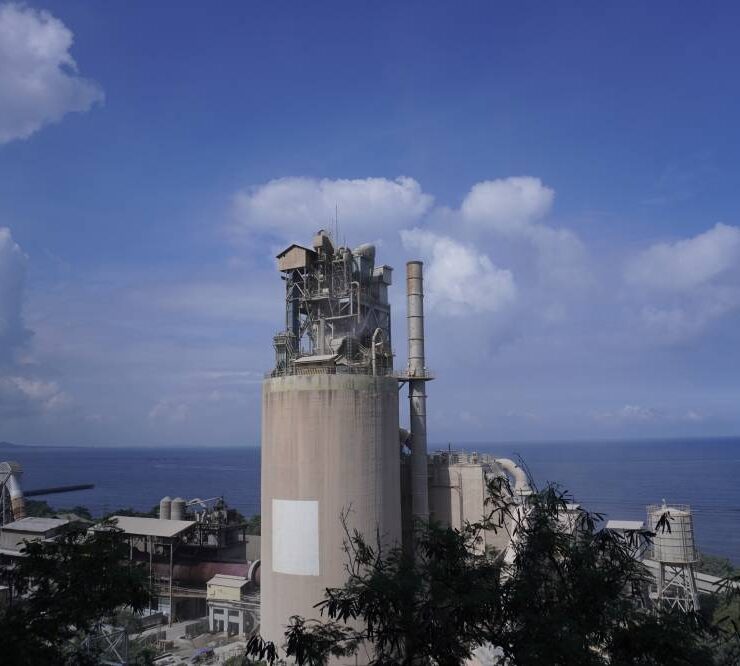Termination woes won’t temper renewables

Government efforts to filter out unserious developers of renewables projects will not tone down the Marcos administration’s goal of having more clean energy developments in the local market, according to an official of the Department of Energy (DOE).
“It’s part of the DOE’s mandate to ensure renewable energy projects get completed and operationalized,” Mylene Capongcol, director of the Renewable Energy Management Bureau of the DOE, told the Inquirer.
Capongcol said so when asked if this could be considered a big step back from the government.
She said terminated contracts would be up for grabs through the Open and Competitive Selection, allowing interested and more efficient companies to come in and take over.
Once potential developers are proven legally qualified, particularly having the technical expertise and financial clout to pursue the project, Capongcol said the government could award the contract in as fast as 30 days.
In a statement on Sunday, the DOE announced the start of termination process for at least 105 renewable energy projects following their proponents’ failure to meet deadlines due to issues on securing possessory rights or system impact studies, which posed a problem in linking to the country’s grid system.
Of the 105 projects, 88 faced delays in the pre-development timeline or were not making any headway.
The 88 projects are composed of 53 solar, 17 hydropower, 10 wind, five geothermal, and three biomass developments.
The DOE did not respond when asked for the total capacity of these projects, as well as which companies are behind them. Meanwhile, an advocacy group called on the government to penalize the developers for noncompliance.
“There should, however, be a mechanism for the government to penalize renewable stakeholders which undertake renewable projects, but fail to deliver on their commitments,” Terry Ridon, convener of Infrawatch PH, told Inquirer separately.
It was not clear if the con- tracts involved were voluntarily committed or acquired through government auctions, which require performance bonds.
“There are reasons as to why these projects are facing termination, such as feasibility and financing concerns, but these should not stop the government from partnering with the private sector to build more renewable facilities in the future,” Ridon said.





















